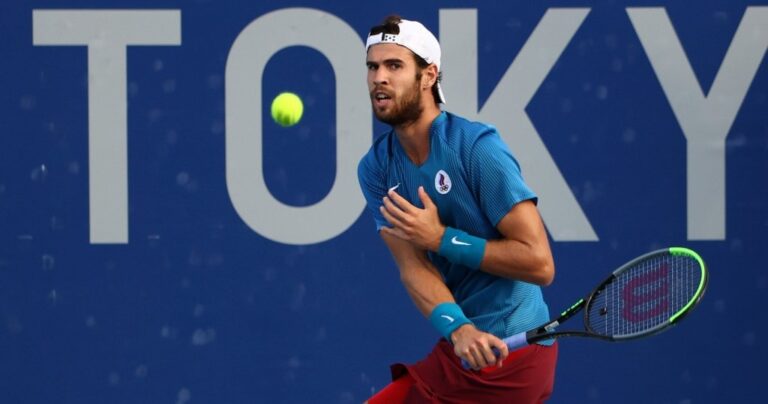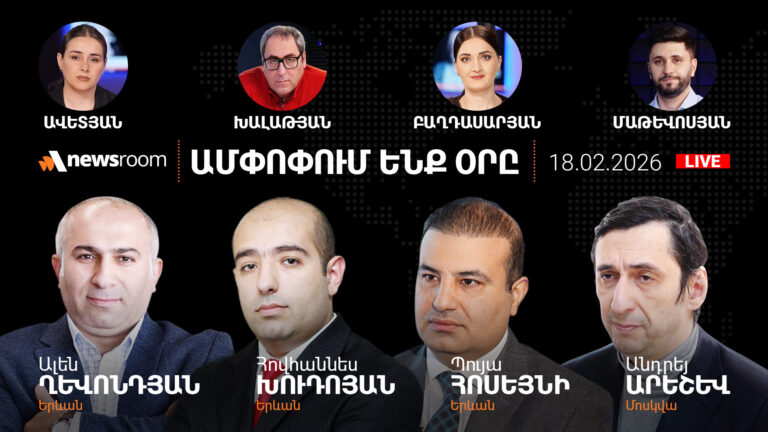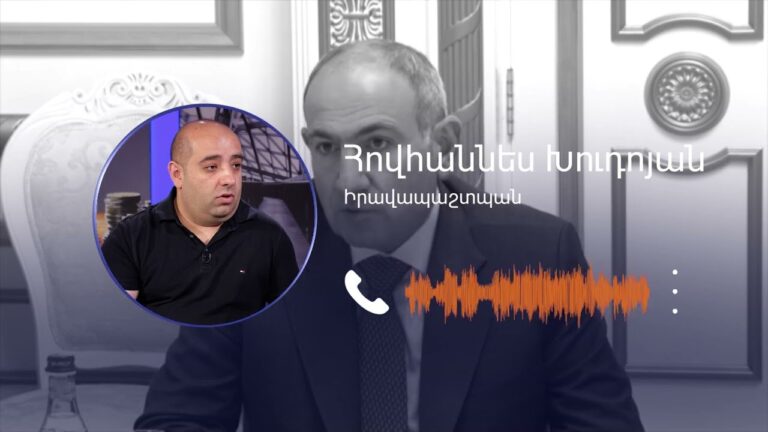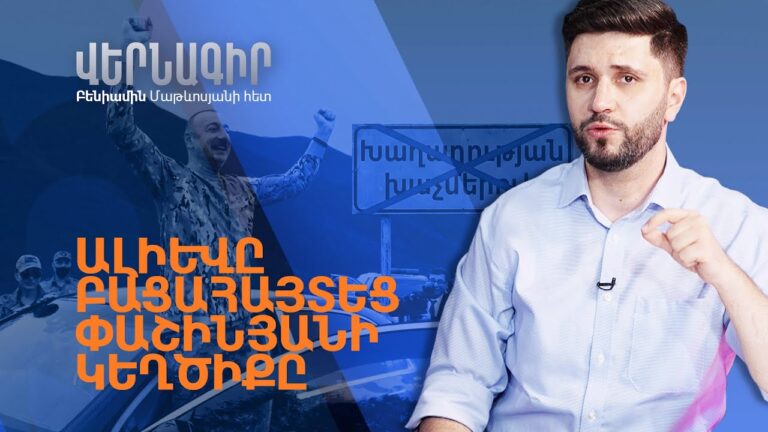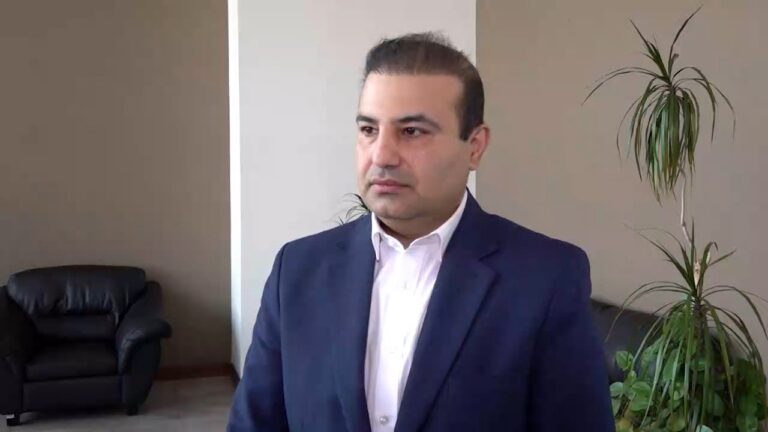“We are at home, we cannot be weak”: Destruction and Revival of the Artsakh village of Vaguhas
August 15 2023, 01:05

Nina Vardanyan, director of the secondary school of the village of Vaguhas in besieged Artsakh, is convinced that the people of Artsakh are at home and they should not be weak. In an interview with Artsakhtert, the teacher recalled about the destruction and revival of the Vaguhas village of the Martakert district during the first Artsakh war. The village, which had been in enemy hands for about a year, was liberated on February 12, 1993. The number of Vaguhas residents killed in battles has reached 70 people. Most of the evacuated villagers have returned to their homes. Vardanyan said that her husband Edik Aghabekyan was the first one who started construction work in the village.
“Then, by helping each other, we rebuilt houses, got food and basic necessities. We were content with what we had, we just lived. We were then supported by the ARFD and the Armenian community of Argentina,” she noted.
At that time, Vardanyan was the director of a rural secondary school.
“In 1993, the new academic year in Vaguhas began on October 4.
Exactly 30 years ago, I entered the classroom to greet my first students of the happy and victorious generation. I had 27 students. This was a difficult time, there was no light, there was an acute problem with housing, food and clothing. The school was in the municipal building, and we somehow managed to equip it. We found the bell in the school park with the history teacher Harutyunyan. We set it up and started working. Then the Armenian community of Argentina sent parcels with clothes to children,” Vardanyan recalls.
The teacher said that her eldest son Hayk Aghabekyan died a few years ago, he was a commander. She also lost her husband, and her grandson Mkhitar Aghabekyan died in the third Artsakh War.
“During the first war, children were waiting for their fathers at the furnaces. Now those children have become fathers and they are waiting for their children. And it is, I admit, much more cruel. Today, 50 percent of the boys standing in combat positions are the sons of fallen soldiers-liberators. They have families, and they protect the homeland of their children. After the victory, no matter how hard it was, it seemed that it was time to live. However, the 44-day war began, and we lost a generation of 18-20-year-olds…”, Vardanyan concluded.

